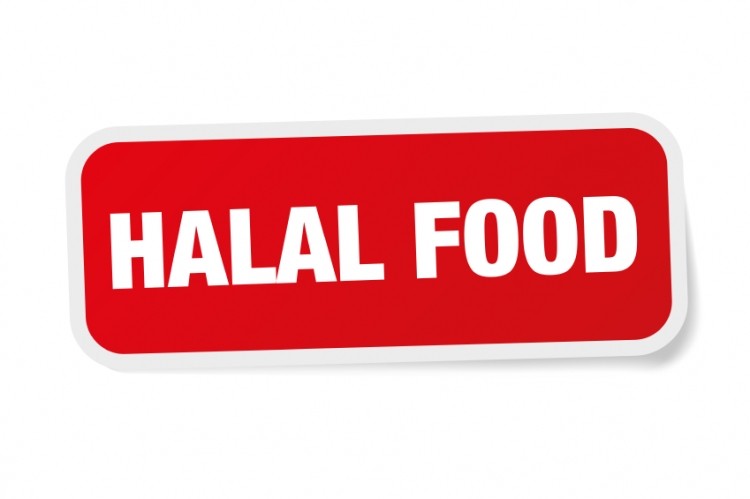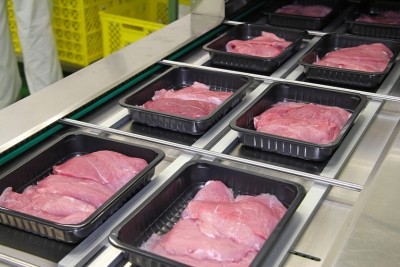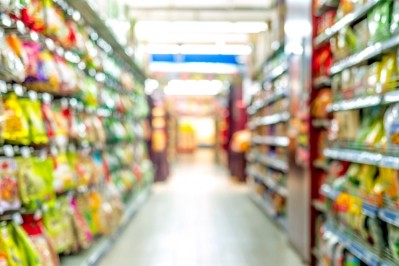'Lack of trust' costs supermarkets halal meat sales

In its Doing Business in the Halal Market white paper, the research firm said many European consumers of halal meat continue to prefer small, specialist butchers which can offer flexibility and a personal experience. But the report suggested improved standards across the market may allow supermarkets to gain market share for halal meat.
Lost trust
“Supermarkets lose on trust because, in many instances, they fail to clearly label halal products as such or explain the slaughter method. For example, imported New Zealand lamb from halal abattoirs sold in UK supermarkets has not been labelled as halal,” said Anastasia Alieva, head of fresh food at Euromonitor International, in the paper.
“Although many supermarkets, such as Carrefour and Casino in France and Asda, Morrisons, Sainsbury’s and Tesco in the UK, offer fresh halal meat and meat products, consumers continue to show great loyalty to local specialist butchers. Halal butchers have the advantage in terms of consumer trust, customer service in preparing and cutting meat to exact requirements and the range of cuts and prices, especially for bulk buyers,” she added.
According to Euromonitor, around 80% of Germany’s five million Muslim residents buy their meat from specialist Turkish or Arabic butchers. It says this pattern is repeated across all of Western Europe, as well as less developed areas.
Halal’s perception problems
The report noted halal labelling may put off non-Muslim consumers, and suggested certification bodies could try to position halal as beneficial to consumers in general, not just Muslim buyers. But it acknowledged social issues around Islam and Islamic products may make this problematic.
Earlier this year a Mintel analyst told FoodNavigator companies should be careful not to “alienate” non-Muslim consumers, possibly by avoiding “blatant” halal labelling. Last year there was a media outcry when several British papers published articles showing there was a greater proportion of halal meat in supermarkets than the proportion of Muslims in the UK – coverage which the Sharia Halal Board described as “sinister”.
While the wider social problems with perceptions around halal might not be easily solvable, Alieva said action was needed to make labels clearer: “In order to respond to the demands of Muslim consumers, a consensus on halal meat requirements must be reached. Furthermore, a universally accepted halal standard label should be introduced to help inform Muslim shoppers that the food offered to them is sharia-compliant.”

























